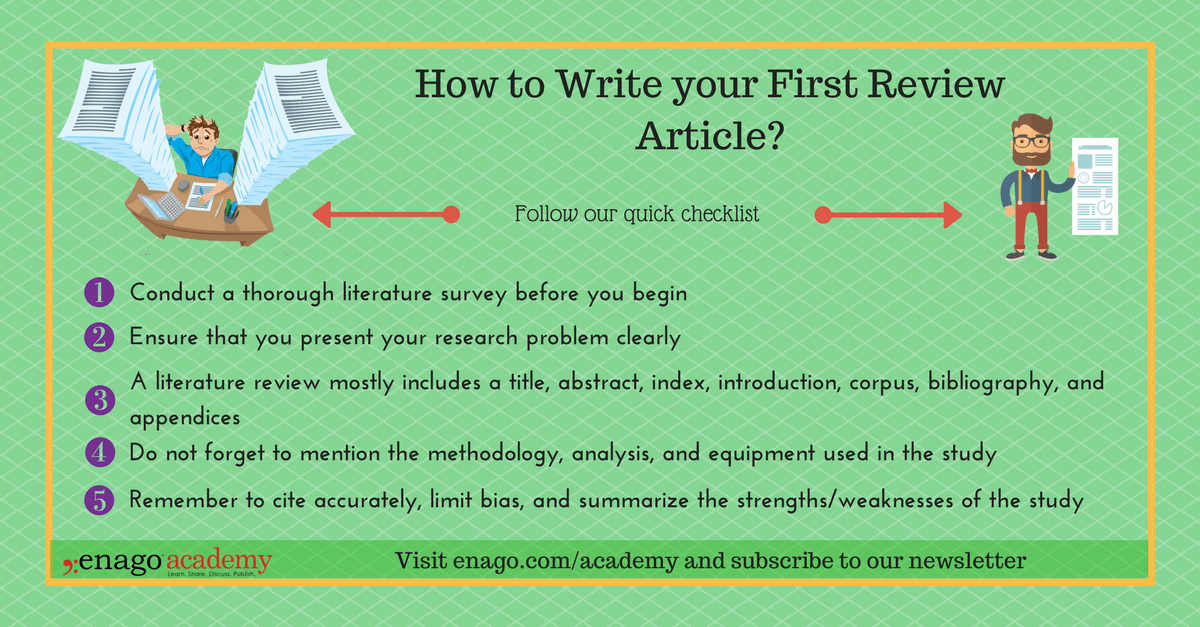How to Write a Good Scientific Literature Review

Nowadays, there is a huge demand for scientific literature reviews as they are especially appreciated by scholars or researchers when designing their research proposals. While finding information is less of a problem to them, discerning which paper or publication has enough quality has become one of the biggest issues. Literature reviews narrow the current knowledge on a certain field and examine the latest publications’ strengths and weaknesses. This way, they are priceless tools not only for those who are starting their research, but also for all those interested in recent publications. To be useful, literature reviews must be written in a professional way with a clear structure. The amount of work needed to write a scientific literature review must be considered before starting one since the tasks required can overwhelm many if the working method is not the best.
Designing and Writing a Scientific Literature Review
Writing a scientific review implies both researching for relevant academic content and writing, however, writing without having a clear objective is a common mistake. Sometimes, studying the situation and defining the work’s system is so important and takes equally as much time as that required in writing the final result. Therefore, we suggest that you divide your path into three steps.
Define goals and a structure
Think about your target and narrow down your topic. If you don’t choose a well-defined topic, you can find yourself dealing with a wide subject and plenty of publications about it. Remember that researchers usually deal with really specific fields of study.
Research
It is time to be a critic and locate only pertinent publications. While researching for content consider publications that were written 3 years ago at the most. Write notes and summarize the content of each paper as that will help you in the next step.
Time to write
Check some literature review examples to decide how to start writing a good literature review. When your goals and structure are defined, begin writing without forgetting your target at any moment.
Related: Conducting a literature survey? Wish to learn more about scientific misconduct? Check out this resourceful infographic.
Here you have a to-do list to help you write your review:

- A scientific literature review usually includes a title, abstract, index, introduction, corpus, bibliography, and appendices (if needed).
- Present the problem clearly.
- Mention the paper’s methodology, research methods, analysis, instruments, etc.
- Present literature review examples that can help you express your ideas.
- Remember to cite accurately.
- Limit your bias
- While summarizing also identify strengths and weaknesses as this is critical.
Scholars and researchers are usually the best candidates to write scientific literature reviews, not only because they are experts in a certain field, but also because they know the exigencies and needs that researchers have while writing research proposals or looking for information among thousands of academic papers. Therefore, considering your experience as a researcher can help you understand how to write a scientific literature review.
Have you faced challenges while drafting your first literature review? How do you think can these tips help you in acing your next literature review? Let us know in the comments section below! You can also visit our Q&A forum for frequently asked questions related to copyrights answered by our team that comprises eminent researchers and publication experts.











Thank you for your information. It adds knowledge on critical review being a first time to do it, it helps a lot.
yes. i would like to ndertake the course Bio ststistics